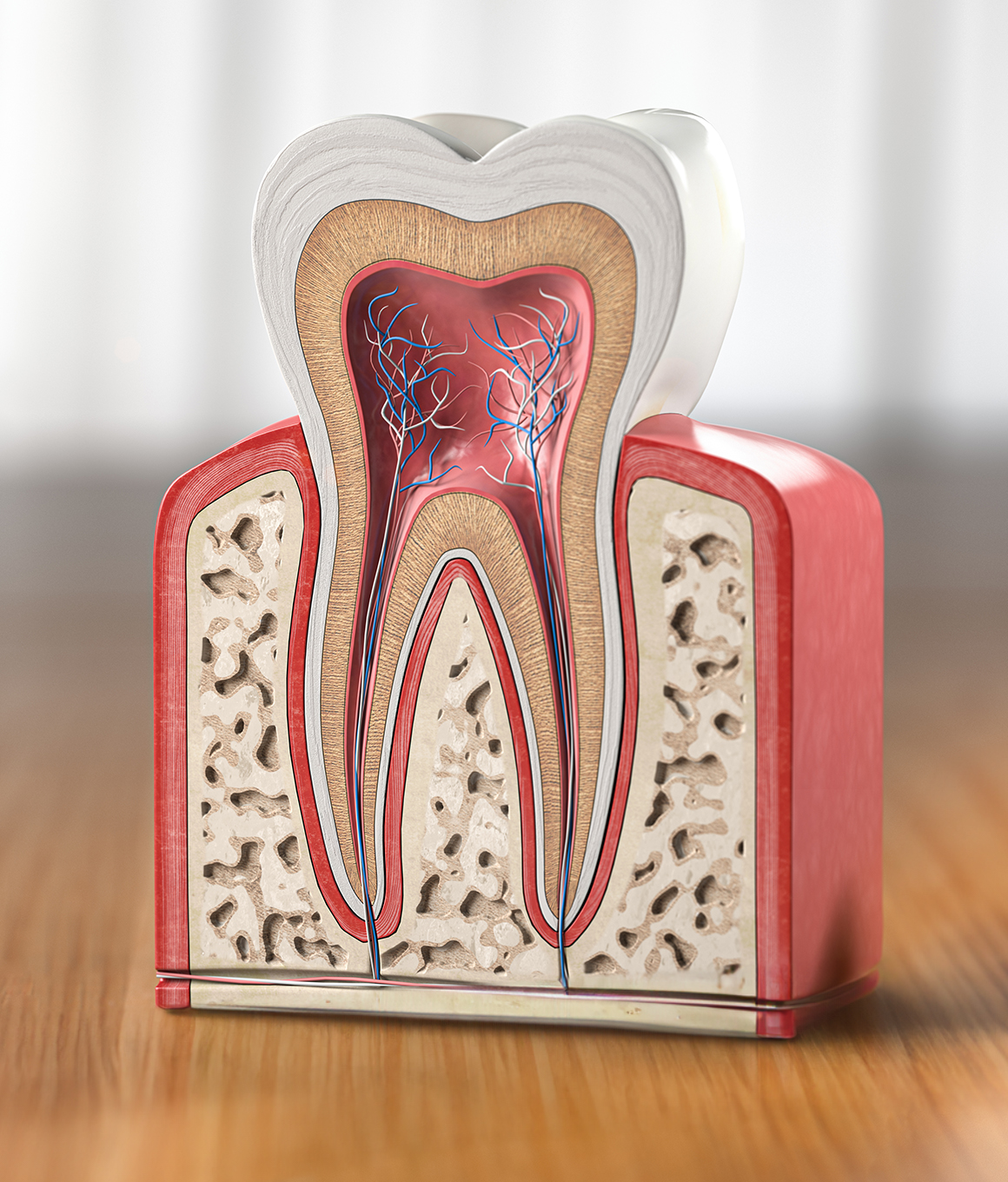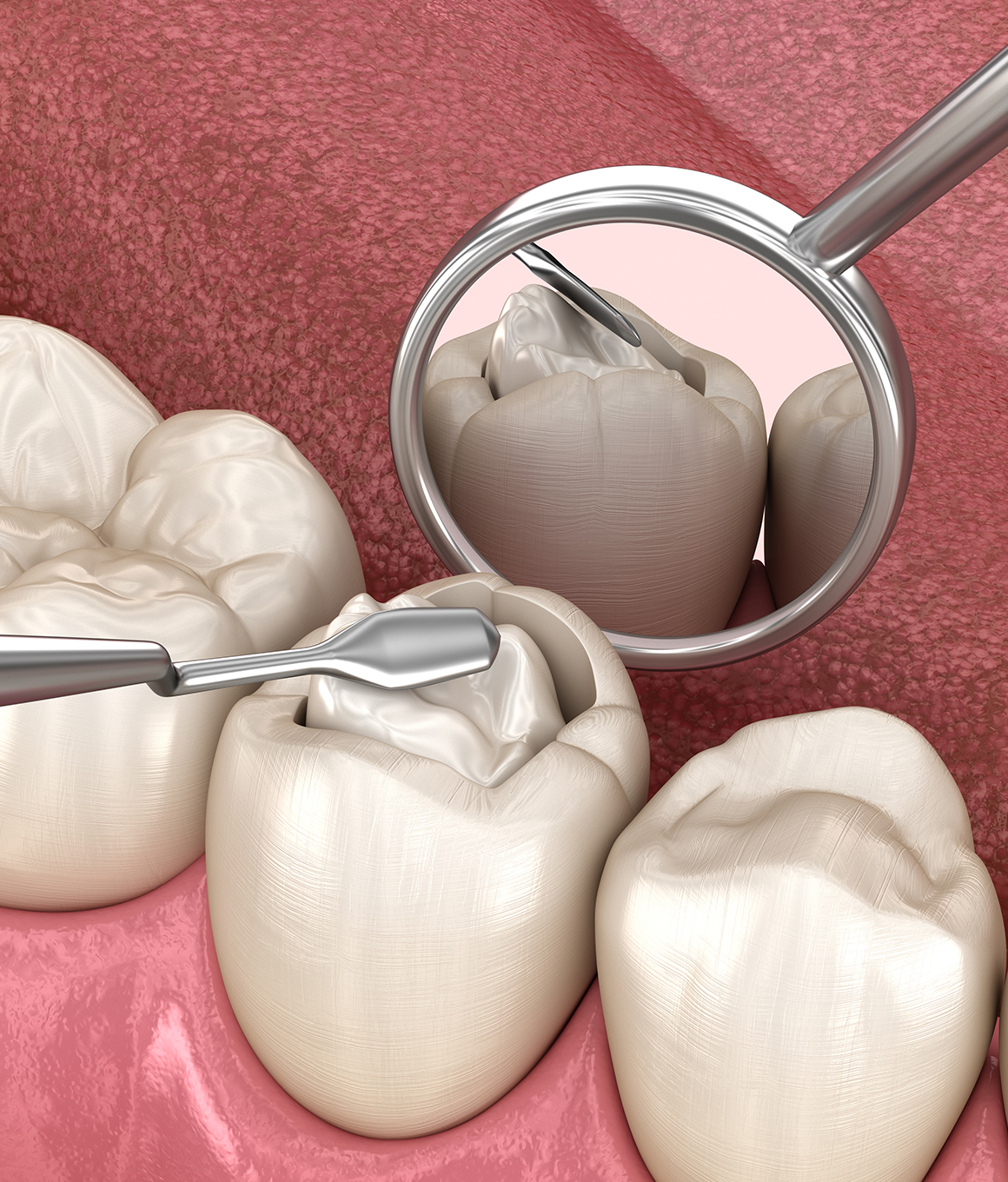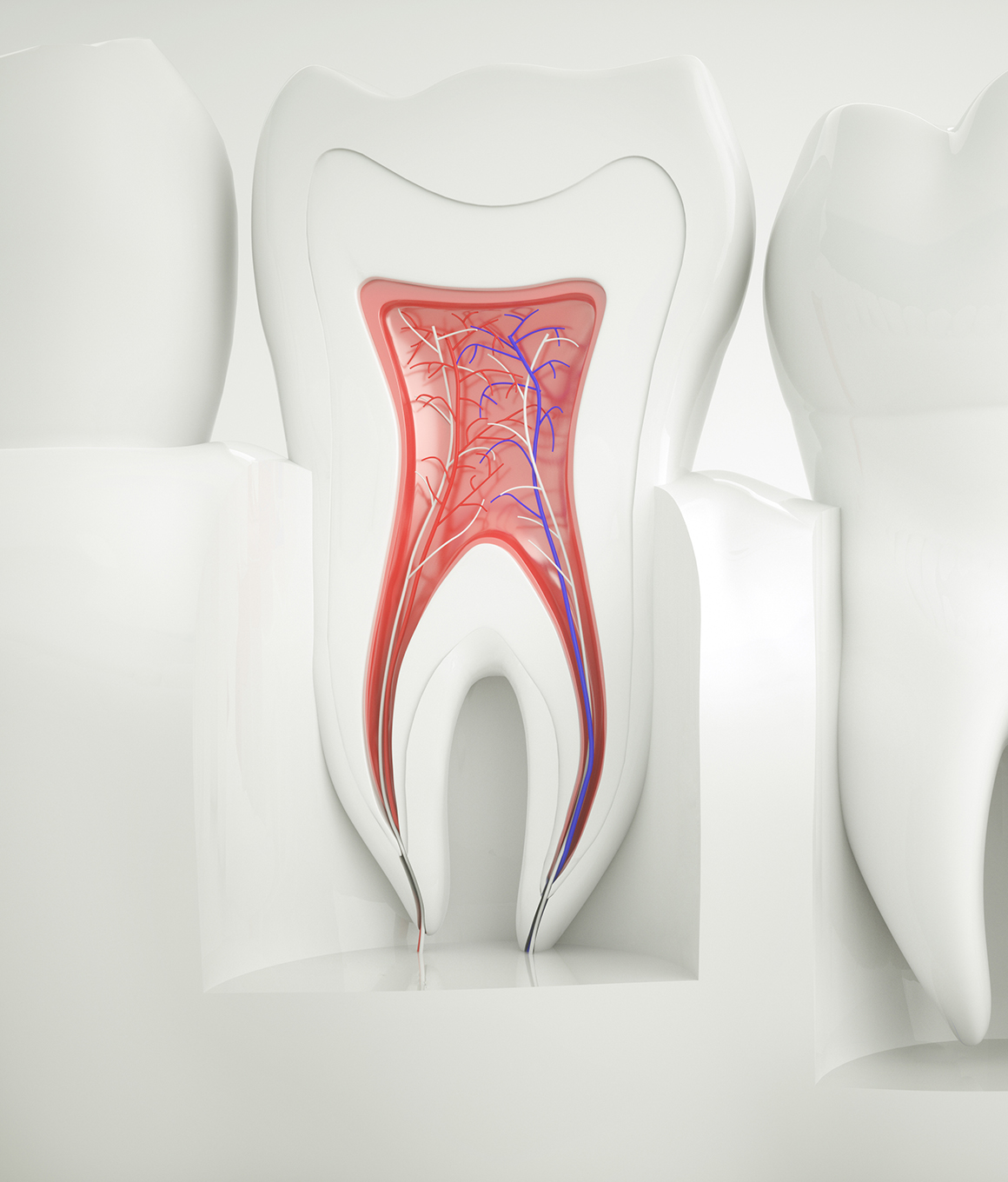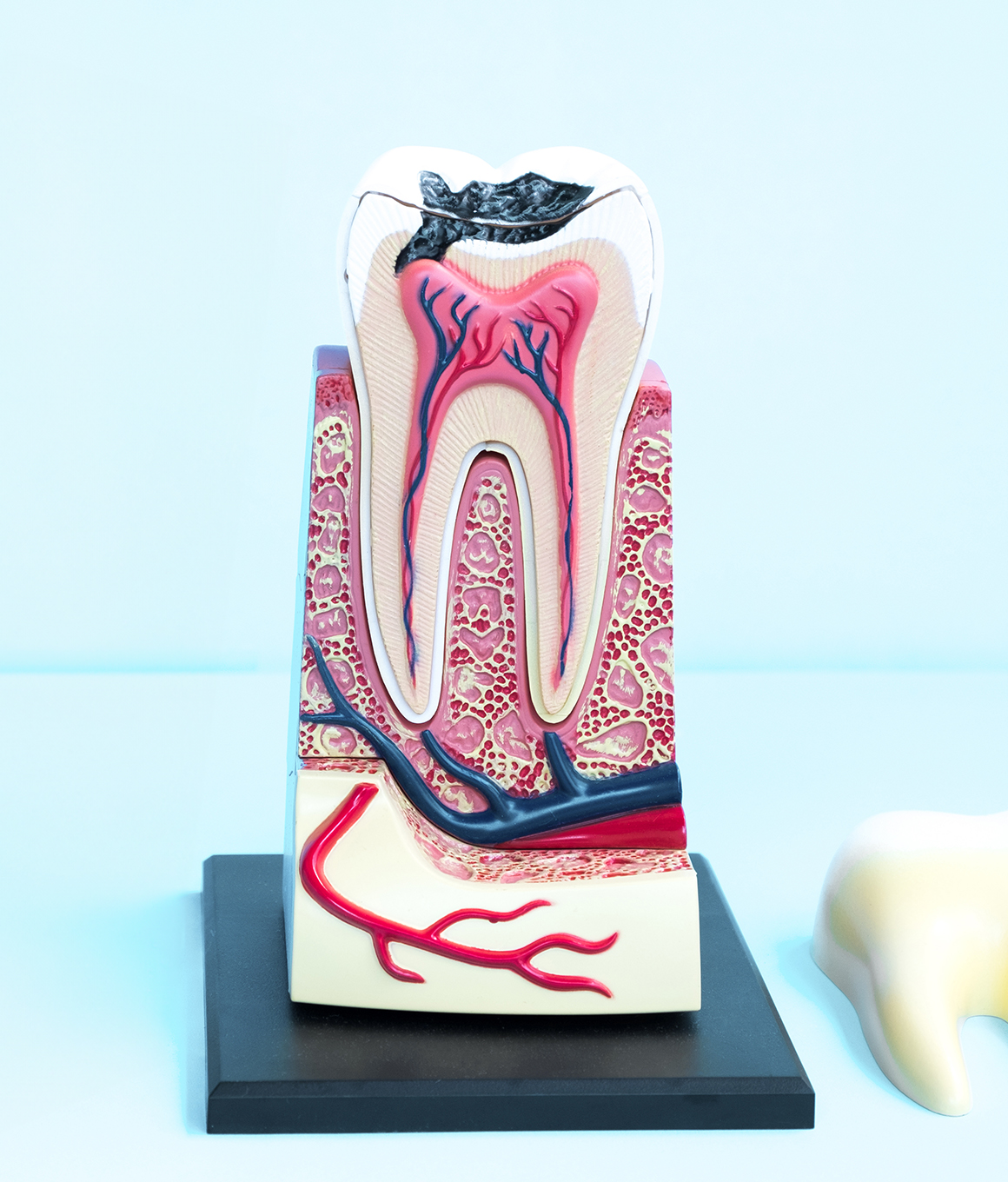
PULP THERAPY & ROOT CANAL TREATMENT MURPHY
Toothache Relief Without the Wait

The only thing worse than your child having a toothache is being told they need root canal treatment, right? Fortunately, this procedure’s reputation has little to do with reality, as it’s actually one of the most effective ways to stop dental pain, not cause it. If your child has a hurting tooth, and you want to make it stop as quickly as possible, the best thing you can do is reach out to Bloom Pediatric Dentistry. With pulp therapy and/or root canal treatment in Murphy, we can take care of their toothache and save their tooth at the same time.
Why Choose Bloom Pediatric Dentistry for Pulp Therapy & Root Canal Treatment?
- Led by Board-Certified Pediatric Dentist
- Same-Day Emergency Dental Appointments
- Accepts Most PPO Dental Insurances
What Is Pulp Therapy?

Inside every tooth is a small amount of soft tissue called the pulp that contains nerves and blood vessels. When this becomes infected and exposed due to a cavity, it can swell, leading to quite the toothache. There are various forms of pulp therapy, and all of them aim to treat the inflamed, infected, and exposed portion pulp in order to bring the affected tooth back to a healthy and viable state.
Indirect Pulp Cap

This is the most conservative and minimally invasive form of pulp therapy. According to the scientific literature, teeth are healthiest when they have full vitality–meaning, all the nerves and blood vessels in the pulp are intact and preserved. When a tooth gets a large cavity that approaches (but doesn’t expose) the nerve, an aggressive attempt to remove every bit of that cavity may cause the nerve to become exposed, which will negatively affect its vitality. With indirect pulp cap therapy, our goal is to remove the majority of the cavity, while leaving a small amount of cavity in the deepest part closest to the nerve in order to prevent nerve exposure. We then place a bioactive and biocompatible medication over the remaining small amount of cavity to disinfect and harden the affected tooth structure, protect the pulp, and restore the tooth back to form and function.
Therapeutic Pulpotomy

Rather than removing all of the pulp tissue inside the root canal due to infection, we preserve any healthy tissue possible. This allows the tooth to maintain partial vitality, while eliminating the infected pulp tissue and nerves that were causing the pain and problems in the first place. As a result, the tooth can function normally and eventually fall out on its own, meaning the treatment doesn’t mess with your child’s natural oral development.
Lesion Sterilization Tissue Repair (LSTR)

LSTR is a minimally invasive procedure that saves a baby tooth which would otherwise require extraction. Early loss of baby teeth is not ideal because it causes loss of function and shifting of surrounding teeth into the extracted tooth space; this often necessitates two rounds of braces in the future. To help save even the most compromised baby teeth, we utilize LSTR–a progressive treatment modality which involves sterilizing the infected nerve through placement of a specially compounded triple antibiotic paste in the pulp chamber, thereby promoting repair of the damaged pulp tissue and effectively preserving your child’s natural tooth.
Pulpectomy and Root Canal Treatment

When a significant portion (if not all) of the pulp is infected, pulpectomy or root canal treatment become necessary. These procedures involve our team gently numbing the tooth and then systematically removing the infected pulp and nerve tissue before cleaning out the interior. This halts the pain, prevents the infection from spreading, and helps your child avoid an extraction.
Pediatric Root Canal Therapy & Pulp Therapy FAQs
If you believe your child needs an endodontic treatment, such as a root canal, pulpotomy, or pulpectomy, our team is ready to serve you. However, we completely understand if you want to gather as much information as possible before you consent to anything for your precious child. Below, you will find answers to some relevant FAQs. If you do not see that your specific questions are addressed, reach out to us directly — we will be delighted to speak with you!
How Long Does It Take to Recover from a Root Canal?
Most patients are able to go back to school the day after their treatment. However, your child might need to cut back on active play for a week or two. Vigorous exercise may slow down their healing process and increase their discomfort.
Our team will provide detailed instructions to help your child enjoy a smooth and complication-free recovery. For example, we may advise you to provide soft foods, administer low doses of pain medication, and coach your child so they are extra-gentle when performing oral hygiene tasks.
How Long Do Root Canals Last?
When we perform endodontic treatment on a baby tooth, the goal is to stop your child’s toothache and preserve the function and form of the tooth until it is ready to fall out on its own. This helps to protect the development of incoming adult teeth. Depending on your child’s age, then, the results of their treatment may last for a few years.
When treatment is performed on an adult tooth, the results have the potential to last a lifetime. Good habits, such as thorough oral hygiene, regular dental visits, and other precautionary measures, can reduce the risk of future root canal failure.
What Should We Do Before My Child’s Root Canal?
Here are some things that can prepare your child for their procedure:
- Talk to your child about the procedure. Let your child know why the treatment is necessary and what they can expect from it.
- Encourage a good night’s sleep. Well-rested children tend to have an easier time with dental procedures than tired kids.
- Provide a nutritious meal. Your child might not feel like eating after their treatment, so filling up beforehand may be a good idea. (The exception to this is if your child will be sedated. It may be best for your child to fast for several hours prior to their appointment.)
Are Root Canals Painful?
Root canal therapy and other pulp treatments have a bad reputation, but the truth is that your child is likely to be very comfortable during their procedure. We will thoroughly numb their mouth. We also offer multiple forms of sedation, including nitrous oxide, oral conscious sedation, and IV sedation.
Your child may experience some discomfort after any anesthesia and sedation wear off, but that is usually easy to manage with pain medication. If they experience any severe pain or other unusual symptoms, call our practice right away.



